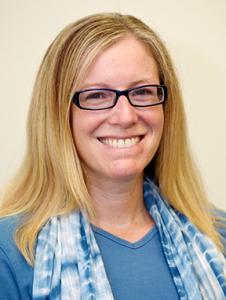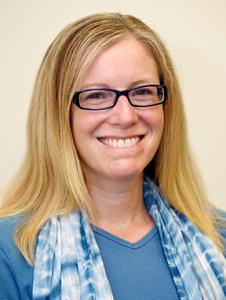The California Faculty Association is calling some recent directives by Chancellor Timothy White related to the canceling of all remedial classes at Sonoma State University and the 22 other CSU campuses an “overreach” and a “blatant disregard of shared governance.”
The teachers’ union is also asking to meet with CSU management in response to the recent executive orders.
In a statement to her colleagues last week, Jennifer Eagan, president of the CFA, called the orders “an overreach by CSU management” and said the CFA and the Academic Senate were not “consulted in a comprehensive manner.”
The content within the most recent executive orders, which ends entry-level placement tests and noncredit remedial courses, is not what the CFA has as issue with, but rather the change of working conditions and the fact that that faculty members and the Academic Senate were not adequately consulted.
Working conditions are not just limited to time of instruction, but also preparation of syllabus and literature review, office hours, campus or systemwide committees, professional duties in the field and much more.
The union noted in a message to faculty that these changes “directly impact the faculty and our working conditions.” The current collective bargaining agreement requires CSU management to hold talks with the union over the terms of such changes.
“The faculty has a right for input because there could potentially be workload changes as well as an increase or decrease of jobs,” said Elaine Newman, chapter president of CFA Sonoma and professor in the mathematics and statistics department.
With the end of non-credit-bearing remedial classes and the amount of students who need to take them, it is yet to be seen if these will be larger classes, if new faculty members will teach these classes, if the current faculty will teach on top of their their other courses, or will some courses be cut.
“No matter what angle you look at it from, the workload will change,” said Deborah Roberts, associate vice president for faculty affairs. “What we do different and how do we do it are unknown.”
Eagan wrote, “Changes to curriculum and programs by administrative fiat are completely unacceptable. Faculty remain responsible for curriculum, programs, pedagogy, and academic standards through shared governance, and the union is responsible for protecting faculty’s rights and working conditions.”
When it comes to the changes to the curriculum, the Sonoma State Academic Senate will take up the issue. At the Academic Senate meeting last week, members of the committee felt the timeline was “unattainable” and there was concern if it would truly benefit the students.
“Let me put on my professor hat; whatever changes are done need to be of quality to make students successful,” Newman said.
Cal State administrators have made doubling four-year graduation rates a priority. However, there is a consensus among Sonoma State faculty that the definition of success in college isn’t getting out in four years.
The chancellor’s office did not respond to requests for a comment.




































